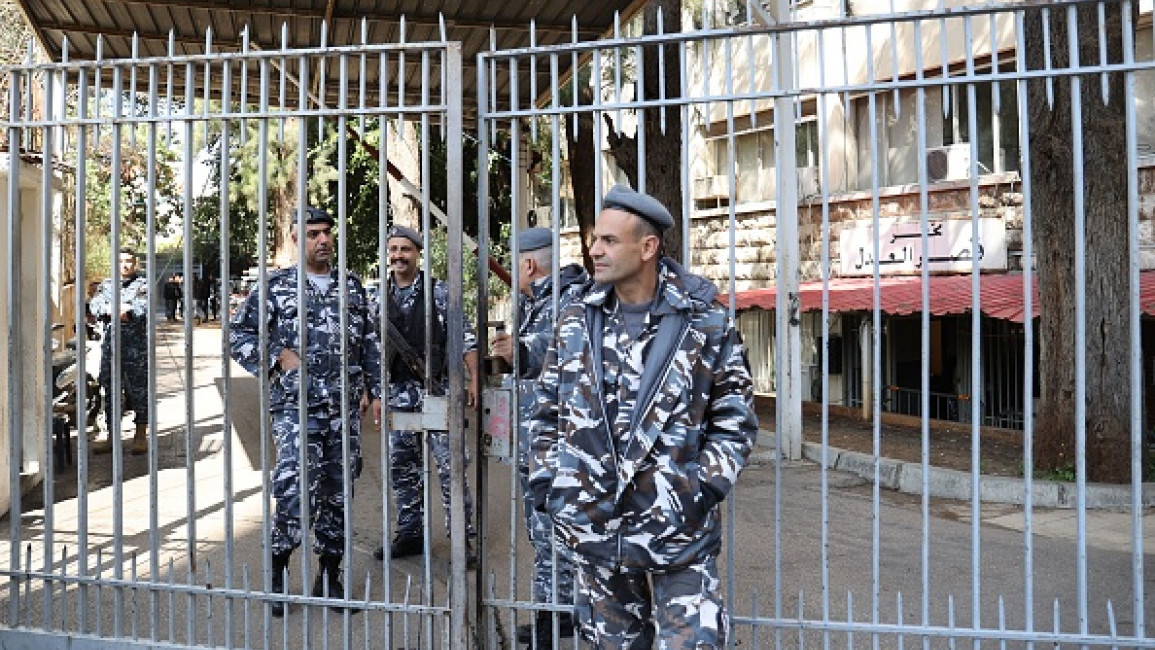Lebanese civil society calls for reform of defamation laws
A coalition of Lebanese civil society organisations, led by Amnesty International launched a campaign on Tuesday calling for parliament to reform defamation laws used to crack down on free speech.
The "My opinion is not a crime" campaign urged parliament to "abolish all laws that criminalise insult and defamation."
Lebanon's defamation laws can carry prison sentences of up to three years and hefty fines.
The campaign is meant to combat what rights groups have said is a growing trend within Lebanon and the Middle East, where authorities use defamation laws to limit freedom of expression.
"Lebanon's insult and defamation laws are designed to protect those in power from all forms of criticism," said Aya Majzoub, Amnesty International's International Deputy Director for the Middle East and North Africa.
The organisation said Lebanese authorities had ramped up freedom of expression-related investigations and prosecutions since the beginning of 2023.
"At a time when Lebanese citizens should be freely discussing what they expect from their leaders given the acute suffering due to the economic crisis, high-ranking officials are targeting journalists, human rights defenders activists and others who are peacefully expressing their opinions," Majzoub added.
Halima Kaakour, an independent member of the Lebanese parliament, said on Tuesday that she would propose a bill to reform defamation laws to protect freedom of speech and make the country's rules closer to international human rights law.
"Freedom of expression is the root of all other battles. If there is no freedom of expression, there is no space for change in society," Kaakour said at the campaign kickoff event on Tuesday.
Among those targeted for defamation this year was journalist Dima Sadek, who was sentenced to one-year imprisonment and a fine of 110 million Lebanese lira (US$1,200) on 11 July. She was sued for defamation by a prominent political leader after criticising members of his political party.
In March, Jean Kassir, the co-founder of Lebanese outlet Megaphone, was intercepted by officers and summoned for interrogation after being sued for defamation by Beirut's public prosecutor.
The lawsuit was based on a Megaphone post calling the prosecutor a "fugitive from justice" for his connection with the Beirut port blast case.
The defamation charges against Megaphone were dropped after a public-pressure campaign mobilised by civil society.
Amnesty International found that in ten cases of defamation, they examined in 2023, all of the speech in question was "not only protected under international human rights law, but considered necessary for transparency and accountability."
Further, the organisation said that Lebanese security agencies failed to follow due process rights and engaged in intimidating behaviour, which could have a chilling effect on other activists.



